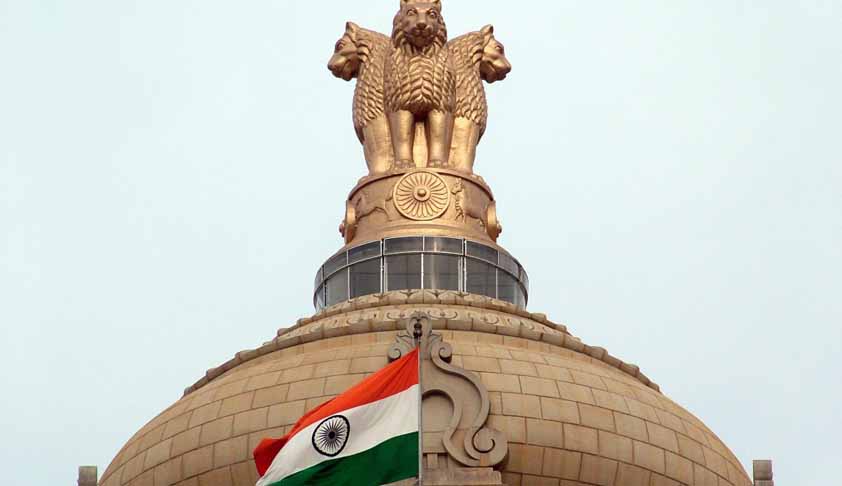No Proposal To Abolish Practice Of Summer Vacations In Courts, Says Govt
Ashok KM
7 April 2017 11:01 AM IST

Next Story
7 April 2017 11:01 AM IST
Minister of State for Law and Justice PP Chaudhary has made it clear in the Lok Sabha that the government does not have under its consideration any proposal to abolish/curtail the practice of summer vacation in the courts.He was replying to a query made by MP Prataprao Jadhav.The MP also wanted to know the ‘efforts made by the Government to remove that mentality in courts, which is...
